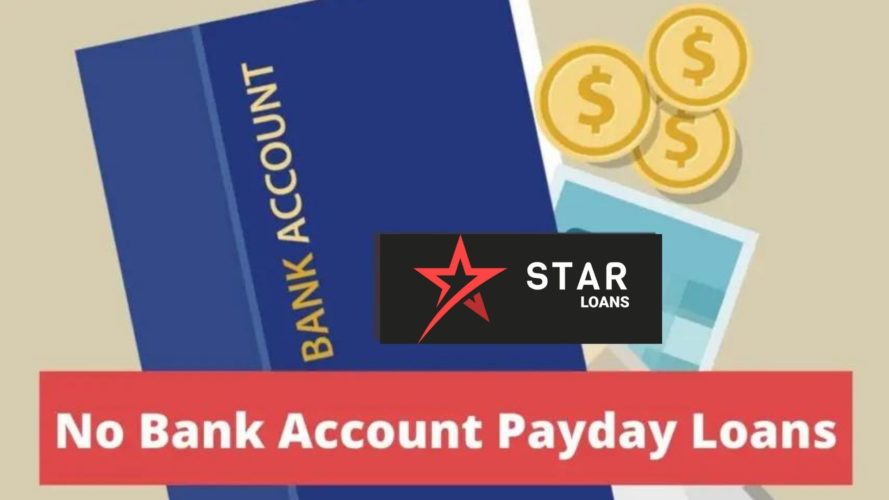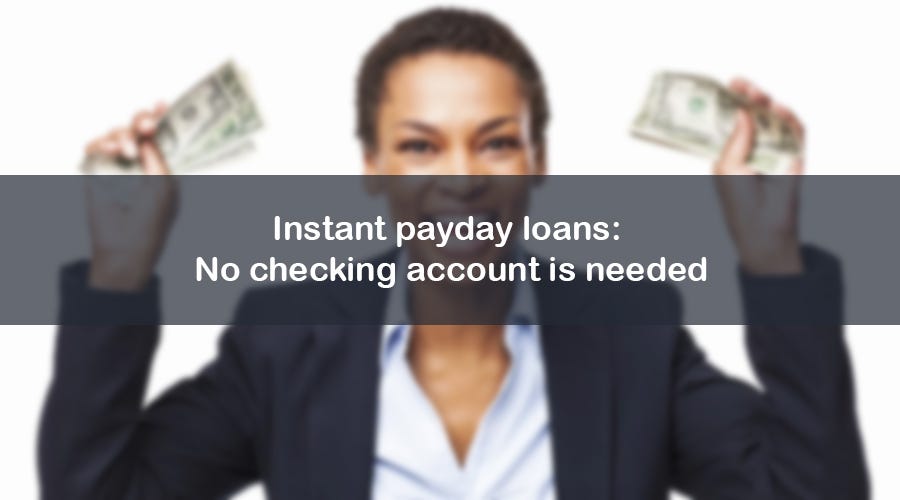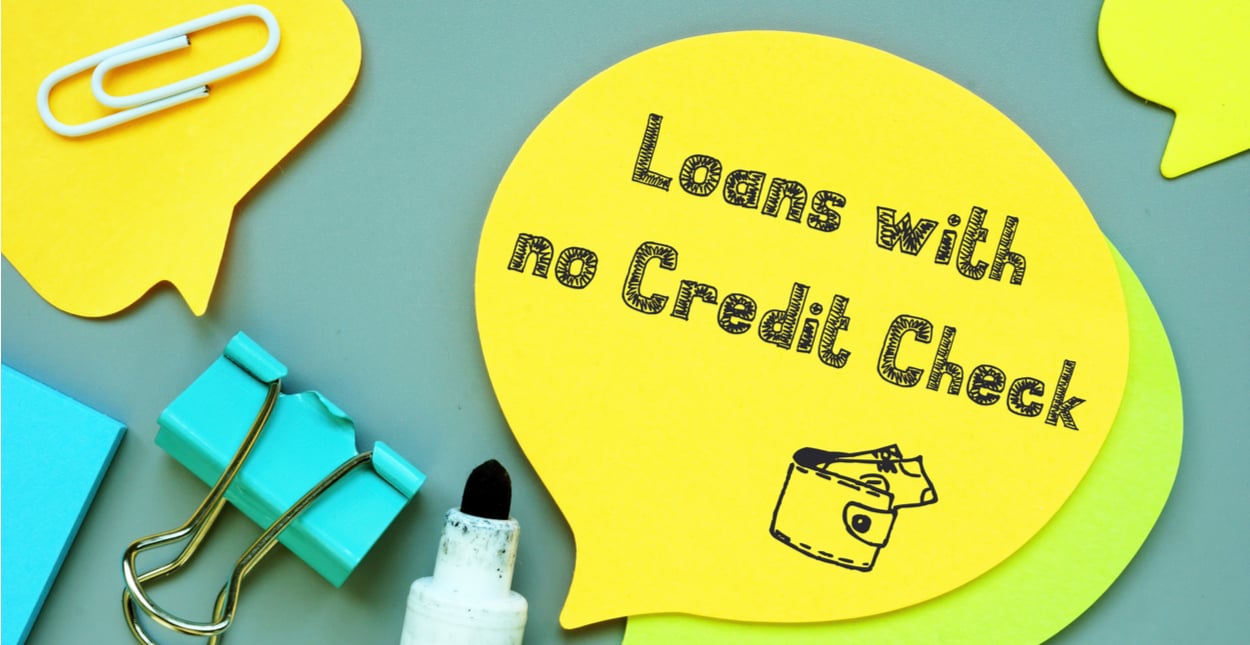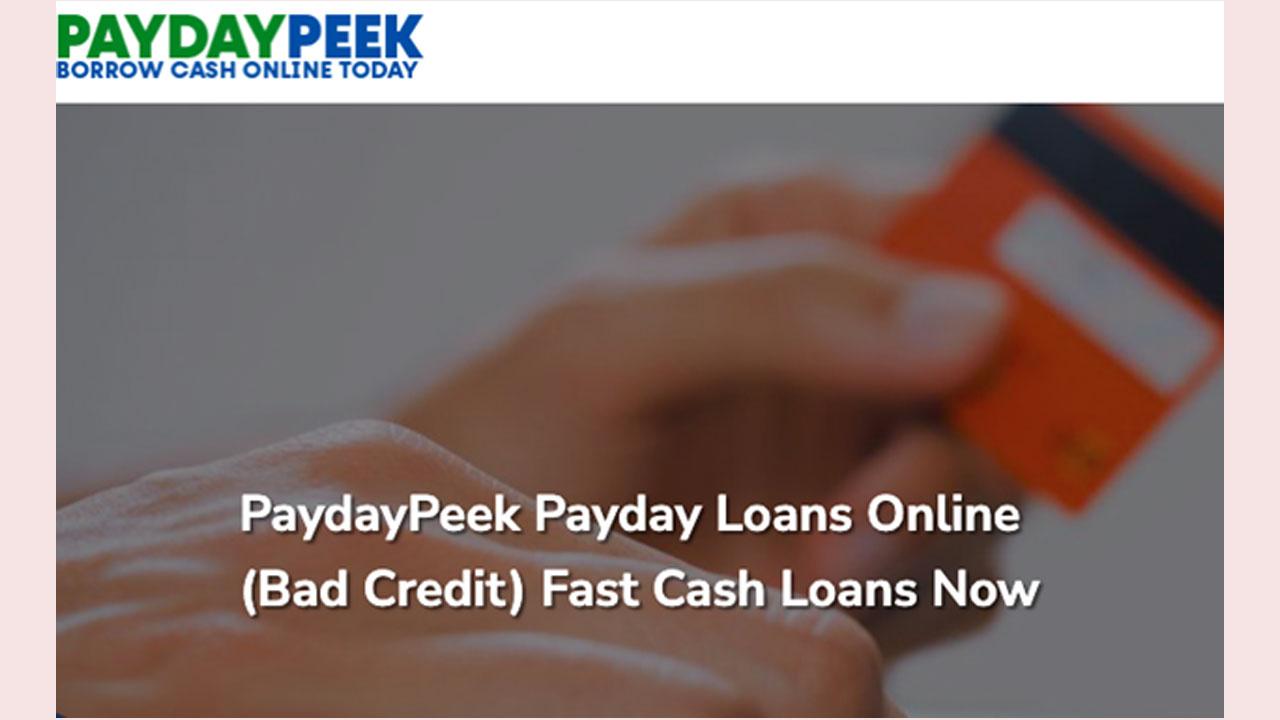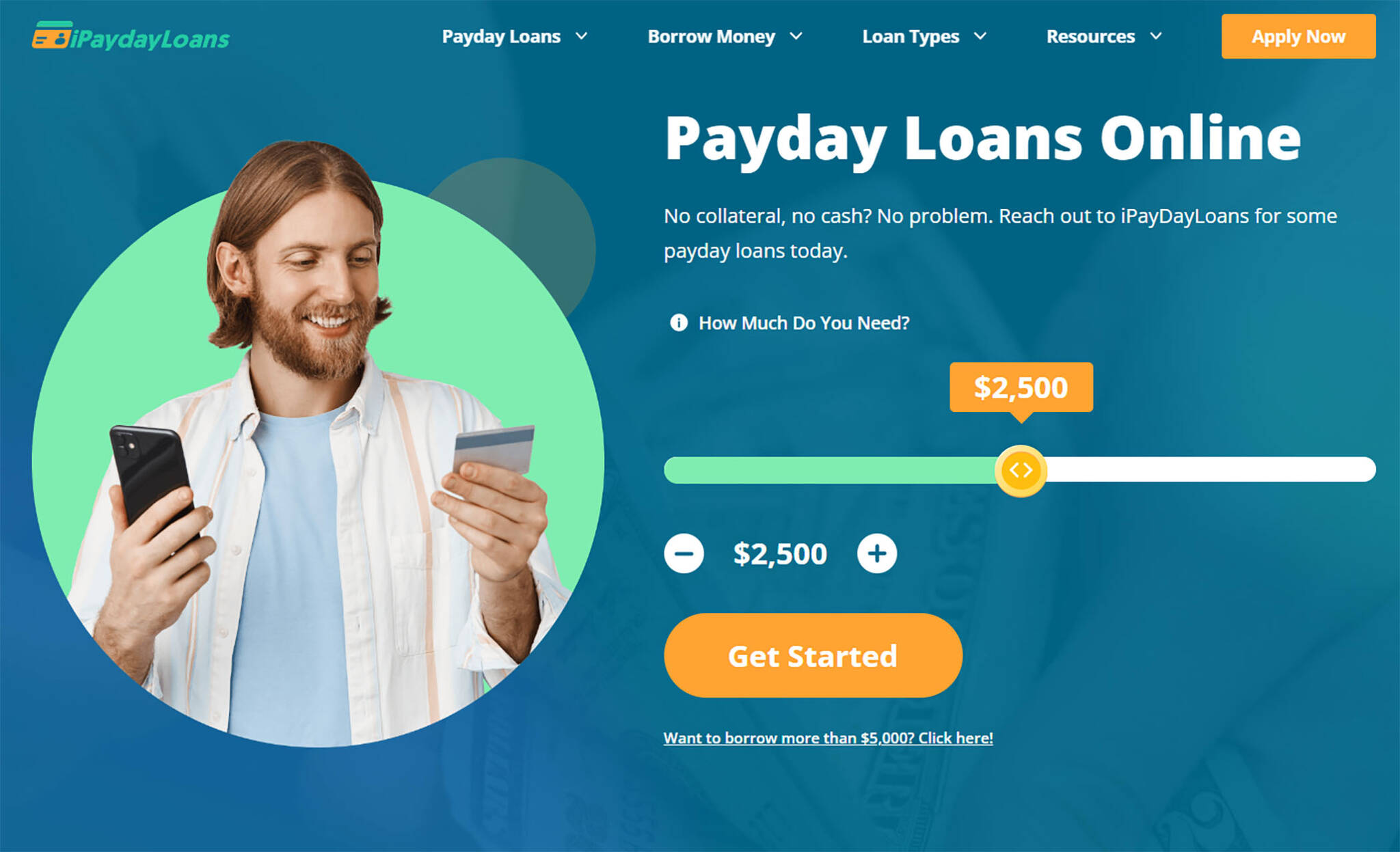Payday Loans Online No Bank Account Needed
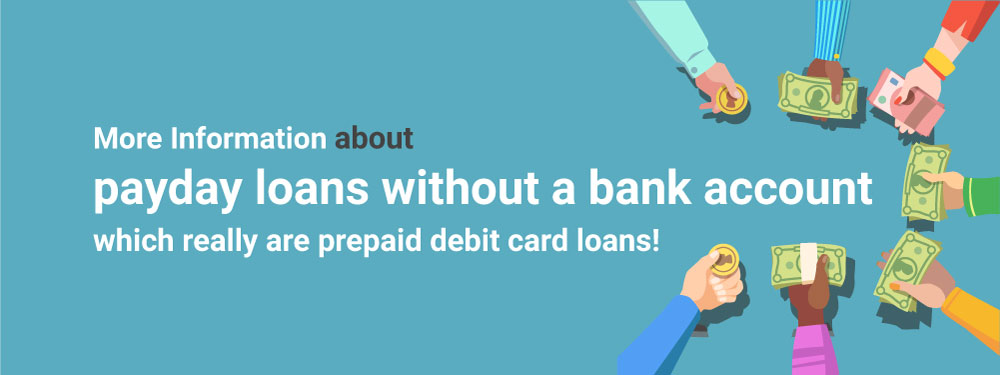
A new wave of online lenders is offering payday loans without requiring a traditional bank account. This potentially predatory practice is raising alarms among consumer advocates concerned about vulnerable individuals being trapped in cycles of debt.
These lenders exploit a loophole by issuing loans loaded onto prepaid debit cards or requiring borrowers to pick up cash at physical locations. This bypasses the standard banking system, making these loans accessible to the unbanked and underbanked, but often at exorbitant interest rates.
Predatory Lending Tactics Under Scrutiny
"These loans target individuals who are already financially vulnerable," warns Sarah Bloom Raskin, former Deputy Secretary of the Treasury. She has publicly condemned this emergent sector of the payday loan industry. The lack of a bank account often signals financial instability, making borrowers easy targets for predatory lending practices.
The Consumer Financial Protection Bureau (CFPB) is actively investigating these lenders. They are looking into potential violations of the Truth in Lending Act (TILA) and the Electronic Fund Transfer Act (EFTA). The CFPB aims to protect consumers from unfair, deceptive, or abusive practices.
How These Loans Work
The process typically begins with an online application. Borrowers provide personal information, proof of income (often a pay stub or benefits statement), and identify a method for receiving the funds.
Instead of direct deposit, lenders offer alternatives like prepaid debit cards or in-person cash pickup. The prepaid card is often loaded with fees, further reducing the borrower's access to the loan amount. Interest rates and fees can reach upwards of 400% APR, significantly higher than traditional loans.
Repayment is usually structured as a single lump sum due on the borrower's next payday. Failure to repay leads to automatic renewal or rollover of the loan, incurring additional fees and exacerbating the debt cycle.
Who Is Affected?
The primary target demographic includes low-income individuals, those with poor credit histories, and those who are unbanked or underbanked. According to the Federal Deposit Insurance Corporation (FDIC), approximately 5.4% of U.S. households are unbanked.
This equates to millions of Americans who lack access to traditional banking services. These individuals are often forced to rely on alternative financial services, including payday loans, check cashing services, and money orders.
These alternative services frequently come with higher costs and fees than traditional banking, creating a system where the financially vulnerable are disproportionately burdened.
Where Are These Loans Available?
These online payday lenders operate across the United States. Many are based in states with lax regulations on payday lending. Some also operate offshore, making them difficult to regulate.
While storefront payday lenders are subject to state regulations, online lenders often circumvent these laws by claiming they are not physically located in the state.
This jurisdictional ambiguity allows them to charge exorbitant interest rates and fees that would be illegal in many states.
When Did This Trend Emerge?
The proliferation of online payday lenders without bank account requirements has gained momentum in recent years. This is partly fueled by the increasing number of unbanked individuals and the rise of online financial services.
The COVID-19 pandemic also contributed to the growth of this industry. Many individuals facing job losses and financial hardship turned to online lenders for quick access to cash.
The ease and convenience of online lending platforms, coupled with the lack of traditional banking options, created a perfect storm for the expansion of these predatory lending practices.
The Role of Regulators
The CFPB is actively working to crack down on these predatory lenders. They are issuing cease and desist orders and pursuing legal action against companies that violate consumer protection laws.
State attorneys general are also investigating and prosecuting online payday lenders. They argue that these lenders are engaging in illegal and harmful practices.
However, the regulatory landscape is complex and constantly evolving, making it challenging to effectively police this rapidly growing industry.
What's Next?
Consumer advocates are urging policymakers to enact stronger regulations on online payday lenders. They also want to increase access to affordable financial services for low-income individuals.
The CFPB is expected to issue new rules and guidelines in the coming months. These are aimed at protecting consumers from predatory lending practices. Consumers should remain vigilant and research lenders thoroughly before taking out a loan.
Individuals struggling with debt should seek assistance from reputable credit counseling agencies. They can offer guidance and support to navigate financial challenges.


